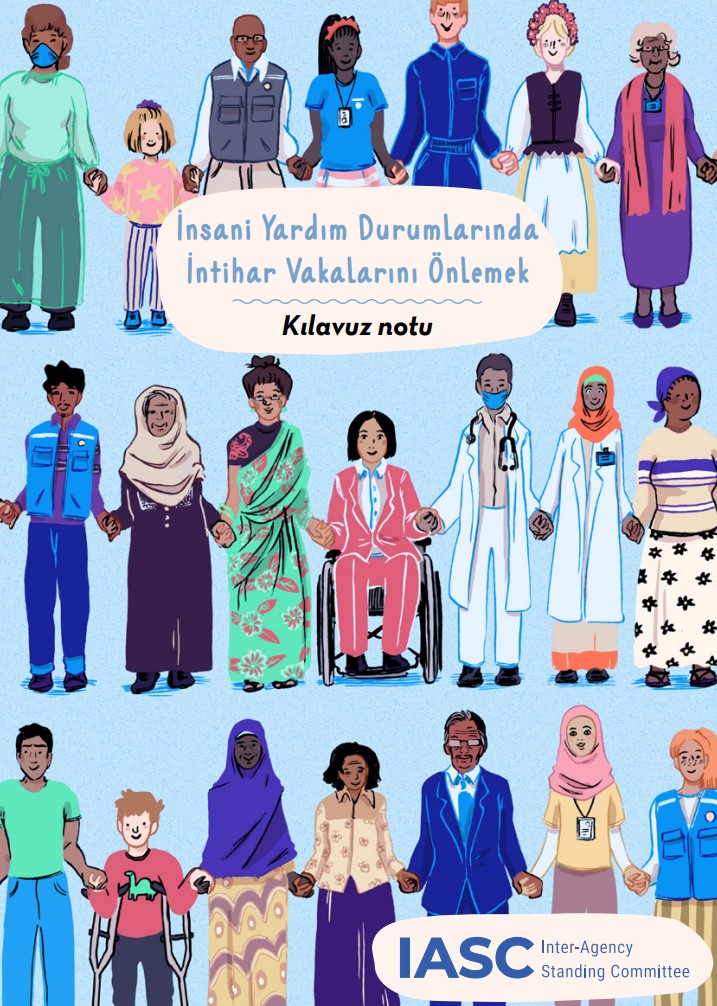Humanitarian emergencies tend to take place most often in low-and middle-income countries (LMICs), which may be less equipped to prevent and respond to suicide, given they have more limited human resources and budget allocations for mental health services and adequate reporting systems, and limited mental health awareness at the community level.
In addition, populations affected by humanitarian emergencies may experience contextual stressors that can increase the risk for suicide, such as economic difficulties, loss of resources, violence and abuse, and social isolation. Concurrently, access to family support and appropriate mental health care may be limited, and stigma around mental health is pervasive. There is also a strong need for more data and research on suicide risk in these settings, as well as effective suicide prevention and postvention for emergency-impacted populations in LMICs.


